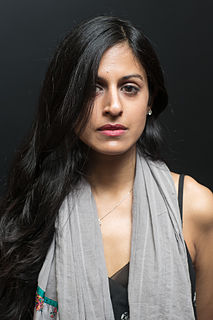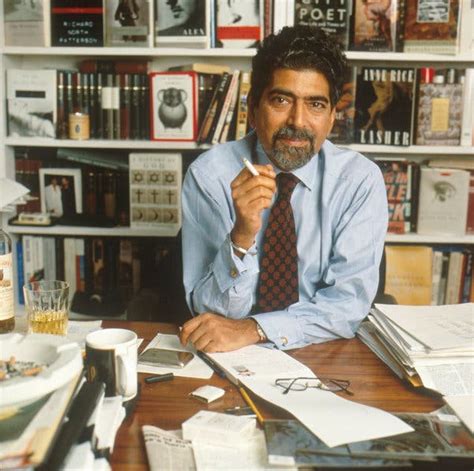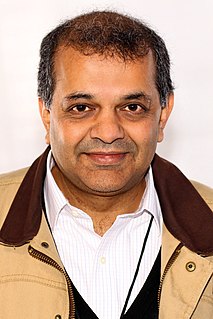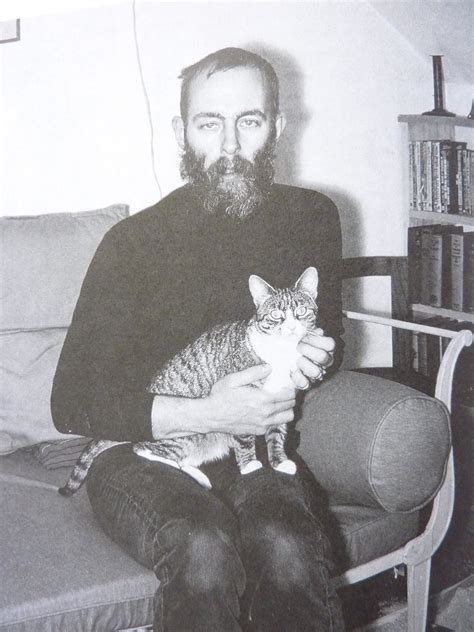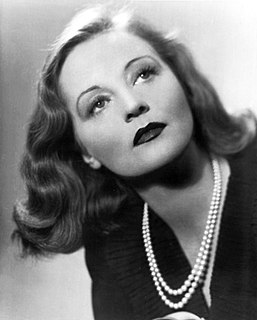A Quote by Parul Sehgal
As the 'critic of color,' I'm frequently asked to review Indian and Pakistani writers.
Related Quotes
The people who review my books, generally, are kind of youngish culture writers who aspire to write books. When someone writes a book review, they obviously already self-identify as a writer. I mean, they are. They're writers, they're critics, and they're writing about a book about a writer who's a critic. So I think it's really hard for people to distance themselves from what they're criticizing.
There have always been elements in the Pakistani state that have been hostile to India; which is not to say that the Pakistani government as a whole is responsible for bombing Indian cities. But I think there are entities in the Pakistani security services that operate more or less autonomously. Their role certainly needs looking into.
At best, the relationship between drama critic and playwright is a pretty twiggy affair. When I'm asked whom I write for, after the obligatory, I write only for myself, I realize that I have an imaginary circle of peers - writers and respected or savvy theatre folk, some dramatic writers and some not, some living, some long gone. . . . Often a writer is aware as he works that a certain critic is going to hate this one. . . . You don't let what a critic might say worry you or alter your work; it might even add a spark to the gleeful process of creation.
